EdTech 10: PD and Pilgrims
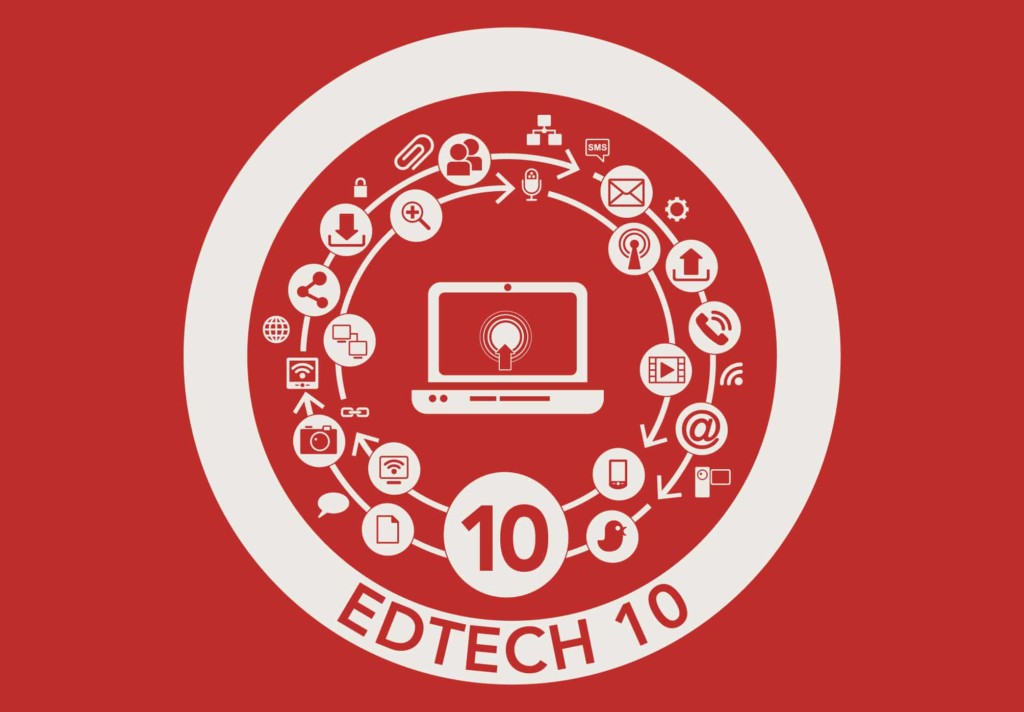
When you’re the parent of a 5 year old, you hear lots of jokes. Maybe you’ve heard this one – “If April Showers bring May Flowers, what do May Flowers bring?” That’s right – “Pilgrims!” But May doesn’t just bring flowers and pilgrims, this year it’s bringing a focus on blended learning and teacher PD – and that makes us smile just as much as a good kindergarten joke.
Blended Schools & Tools
1. Microsoft donated $1 million to help D.C. teachers to create blended learning classrooms. The donation will allow for expansion of the Education Innovation Fellowship, launched by CityBridge Foundation with support from NewSchools Venture Fund, that empowers teachers with tech tools and strategies to bring back to their classrooms. (Tom is a big fan and is speaking to the fellows on 6/10.)
2. We always enjoy local reports of students and teachers doing cool things with tech. High school students in Kansas are posting their history research projects to iTunes. In Ohio, grant-funded eye-tracking devices are helping students with disabilities to communicate with computers. Students in Michigan took a virtual field trip to Switzerland with Google Glass. (And while we’re jazzed about augmented and virtual reality field trips, we love the SNL skit on not-quite ready for prime time glass.)
Digital Developments
3. The fine folks at Google have sure been busy. Among a slew of new google tools, Google unveiled plans for Google Play for Education to help teachers discover K-12 learning apps.
4. Our buddies at the newly-named Clayton Christensen Institute for Disruptive Innovation (formerly Innosight) added two gems to the teachers and tech conversation this week. Michael Horn explored What We Can Learn From A Dinner Controversy In The Desert. Heather Staker asked Who cares if it’s disruptive? Like us, they are confident that blended learning will improve teaching conditions and careers.
Research, Reports & Recommendations
5. CEE-Trust released two new white papers worth checking out: Interventions and Catalysts in Markets for Education Technology: Roles of City-Based Funders and Scaling a Successful Pilot To Expand Blended Learning Opportunities Citywide. Speaking of CEE-Trust, check out their curated blended learning site: http://www.blendedlearningnow.com
6. CASEL’s The Missing Piece report launched this week in conjunction with the CASEL Forum which brings together leaders in education policy, research, and advocacy to discuss how social and emotional learning can empower students and transform education.
Teachers and Tech
7. Teacher PD is getting some much-deserved attention this week. EdSurge is “heading down the PD rabbit hole” as it seeks a taxonomy for categorizing PD. ASCD is conducting a PD survey with a special plea for teachers with 3 years or less experience to participate. Getting Smart guest bloggers and Monday’s #EdTechChat tackled the topic this week as well. In PD partnership news, check out what Santa Clara U is doing to train 100 educators for blended learning.
For the Core
8. This week on HuffPo, Tom offered a primer on Common Core, how we got there and where we need to go from here — building a great case for Why We Need Common Standards and Better Tests.
Bonus: Tom spent a couple days with a few dozen CEOs this week and found out that CEOs Want Hard-Working, Decision-Making Team Players. Tom moderated a panel with the CEOs of Xerox, ExxonMobile and Qualcomm where they all strongly supported Common Core expectations as well as well developed workplace skills.
Higher, Deeper, Further, Faster Learning
9. In this week’s jaw-dropper, Georgia Tech and Udacity are creating a full-online computer science Master’s degree program with a mere $6,000 pricetag. (Is there such a thing as reverse sticker shock?)
Bonus: Campus Technology created a New Facebook Page for MOOC Ideas and Discussion that will feature MOOC news and commentary from a variety of sources.
The Big “D”
10. The Learning Resource Metadata Initiative (LRMI) specification for tagging educational content announced adoption by Schema.org – the consortia formed by Microsoft Bing, Google, Yahoo! and Yandex to collect and document web microdata standards to improve search results, noting “As search engines begin using the LRMI specification and as a critical mass of educational content is tagged in a consistent manner, filtering this content will become substantially easier, allowing educators, students, and others to find the exact resources they need at the precise moment they need them.” Yay!


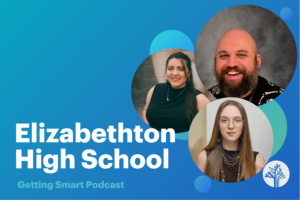
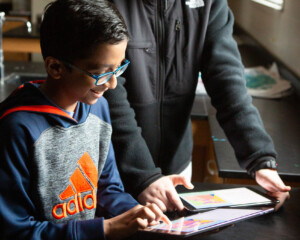

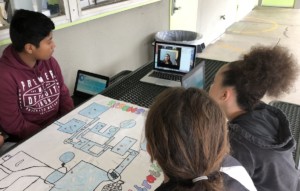
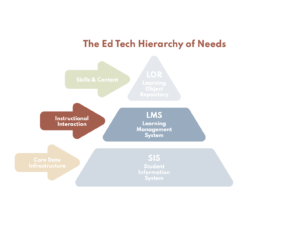
0 Comments
Leave a Comment
Your email address will not be published. All fields are required.